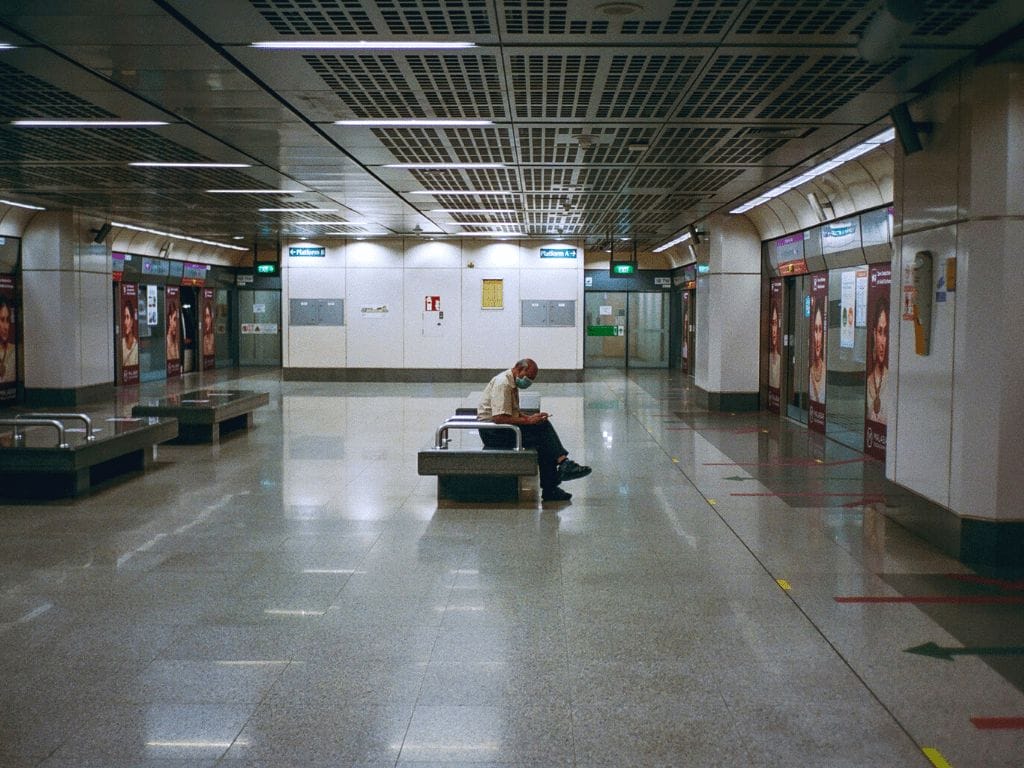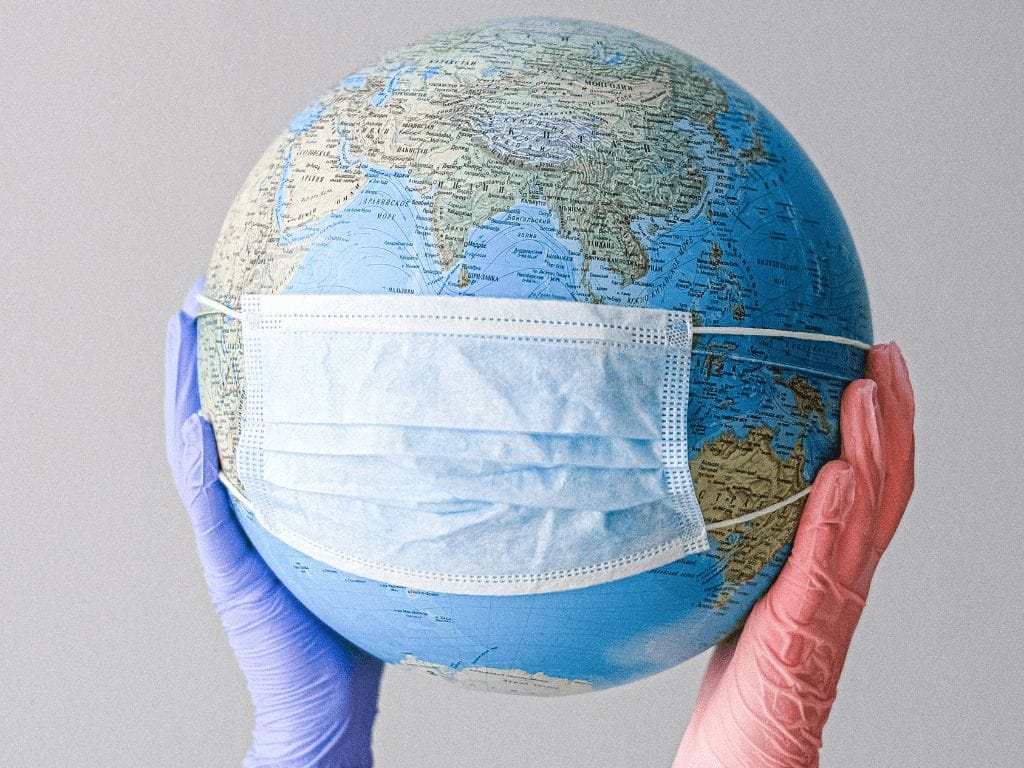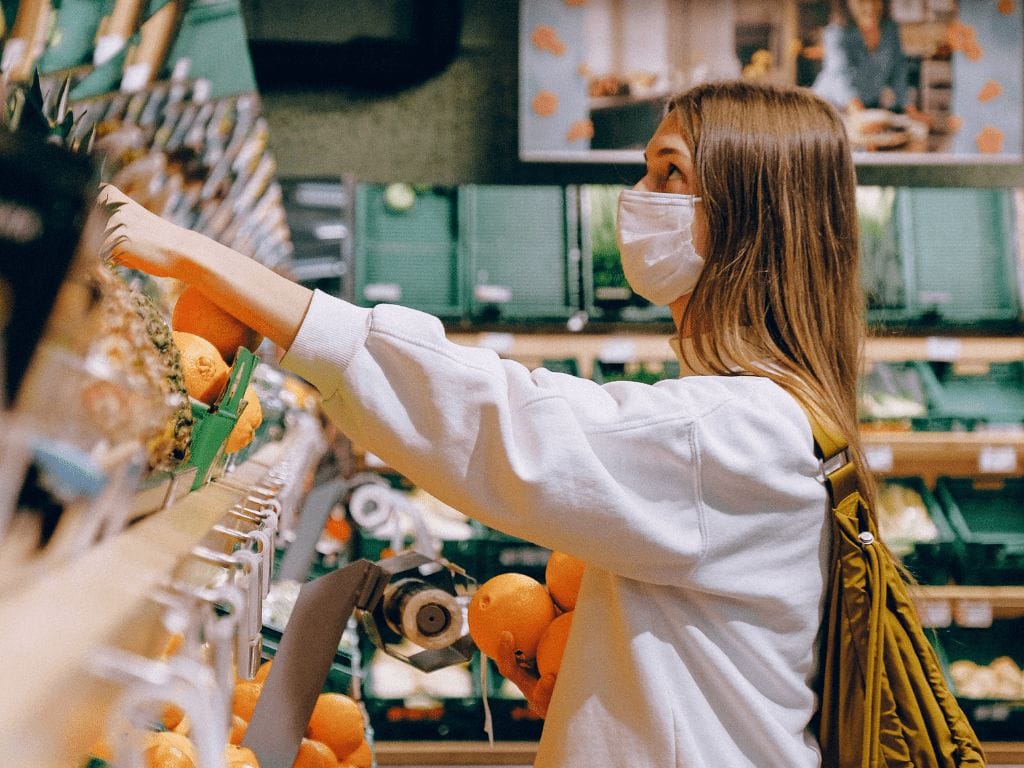Can Herd Immunity End COVID-19?
At 7.36 p.m. Monday night, 21 December 2020, a Singapore Airlines Boeing 747 freighter touches down on. It flew in from Brussels, departing nearly a day ago. Inside, it carried the hopes for the end of the pandemic: the COVID-19 vaccines from Pfizer and BioNTech. Some experts expressed hope for achieving herd immunity through the vaccine, where vaccines can prevent the transmission from a vaccinated individual to someone else. But can herd immunity end COVID-19? Tropika Club finds out more.
Table of Contents
Read Also: 5 Reasons to Start 2021 with a Massage
No Time to Read? Here’s a Snappy Summary of This Article
- What is herd immunity? Herd immunity is the indirect protection from an infectious disease that happens when a population is immune either through vaccination or immunity developed through previous infection
- Why is herd immunity important? Herd immunity is important because it can reduce the spread of a disease and protect those who are not immune, such as newborns, elderly people, or those who are too sick to be vaccinated
- How is herd immunity achieved? Herd immunity can be achieved by two ways: natural infection or vaccination. Natural infection occurs when people get sick and develop antibodies against the disease. Vaccination involves introducing a weakened or inactivated form of the disease into the body to stimulate an immune response without causing illness
- What are the challenges of achieving herd immunity for COVID-19? There are several challenges of achieving herd immunity for COVID-19.
- What are the implications of herd immunity for COVID-19? Herd immunity for COVID-19 does not mean that the virus will disappear or that life will return to normal. It means that the virus will become endemic, meaning that it will circulate at a low level and cause occasional outbreaks. People will still need to take precautions, such as wearing masks, social distancing, and getting vaccinated, to protect themselves and others from COVID-19
What is Herd Immunity?
Herd immunity is defined as when a population is protected from a virus once a vaccination threshold is reached (vaccination being the keyword). With vaccines, our body’s immune system can be trained to create antibodies that help the body defend against viruses. That’s how vaccination protects people from getting the disease, interrupting the transmission of the disease.
Through herd immunity, a virus loses its ability to spread to the whole population. And since not every individual needs to be vaccinated to achieve herd immunity, vulnerable people who don’t have access to the vaccines can be kept safe.
The threshold for herd immunity is different for each disease. For influenza, around 33 to 44 per cent of the population has to be vaccinated to reach the herd immunity threshold. Meanwhile, 92 to 95 per cent of the population has to be vaccinated to prevent a measles outbreak.
But some medical professionals think that herd immunity can be misleading, and prefer the term ‘herd protection’. Because herd immunity doesn’t actually provide immunity. It only minimises the risk that the people will come into contact with the disease.
For Now, Vaccination Isn’t Enough
Now, there’s a buzz about reaching herd immunity. Some medical experts predicted that the nation would require two-thirds of Singaporeans to be vaccinated. Meanwhile, Health Minister Gan Kim Yong indicated no specific target for immunisation coverage, even as they want to optimise vaccine take-up rates.
While vaccinations can protect Singapore from the worst of COVID-19, but small clusters can still form. Say, if we reach 70% immunisation in Singapore, there are still 30% of the population vulnerable to the disease, to which they could fall into critical conditions. Afterwards, they could be facing not only financial difficulties but become COVID-19 long haulers as well.
Besides that, the effects of the vaccines aren’t immediate. The body takes time to learn how to produce the antibodies and achieve immunity. So, a person could be infected before or after vaccination, and then experience adverse symptoms of the disease.

The Pfizer-BioNTech vaccine that the Health Sciences Authority(HSA) approved is not a wonder drug that can cure us of the disease. Yes, it can drastically reduce symptoms in your lungs, where the virus causes the most damage. But it doesn’t sterilise your nose — where the virus can be spread to other people.
Another consideration for herd immunity calculations is the behaviour of the population itself. Let’s say, large portions of the population are vaccinated and so achieving herd immunity. But if they change their behaviour, such as ignoring social distancing, the threshold for herd immunity will again change. So, the data on herd immunity threshold can only be accurate after some time has passed. Some say that it could take as long as ten years.
The Free Rider Problem
There will be people who are sceptical of the vaccines. A poll by the Duke-NUS Medical School asked respondents if they’d get a vaccine that cost S$100. 22 per cent of respondents said that they will never be vaccinated. Another 35 per cent said they would wait and see, and pay for the vaccine if there’s a need for it. Also, the HSA didn’t mandate vaccinations for the COVID-19 vaccine for residents in Singapore.
So it’s important to know that the ‘vaccines don’t save lives, but vaccination does’. Because vaccination itself isn’t a complete guarantee to herd immunity.

Understanding COVID-19 Immunity Takes Time
Though there are a few things we know. We can now test for antibodies specific to COVID-19 in each individual. And there is evidence that people who got infected can develop an immune response with the first few weeks after infection.
Similar coronaviruses, like those that cause the common cold, induces immunity that lasts around a year. So some experts think it’s reasonable to assume the same length of time when it comes to COVID-19 immunity.
Even so, we need more time to understand the nature of COVID-19 immunity and how long it lasts.
Herd immunity in Singapore is only the Beginning
With Singapore being a hotspot for trade and commerce in the region, COVID-19 cases in other countries will inevitably affect how we continue to deal with the disease as a nation. Singapore is already facing a technical recession, while COVID-19’s effect on the people’s mental health is becoming more prevalent.
It might be a while before things return to what it used to be. But, getting the vaccine, along with maintaining safe distancing and wearing a mask, will go a long way in helping us recover.
Conclusion
Hi there, thanks for your interest in Tropika Club Magazine. We are a digital platform that features all things locally Singapore, with a focus on supporting and promoting local businesses. We cover topics such as beauty, lifestyle, places, eats, and events, and we also rank the best of Singapore in our Top 10 lists.
One of the topics that we are passionate about is health and wellness, especially in the midst of the COVID-19 pandemic. We know that many people are wondering if herd immunity can end COVID-19, and what it means for our future. That’s why we wrote an article to answer these questions and provide some insights into this complex issue.
Herd immunity is the indirect protection from an infectious disease that happens when a population is immune either through vaccination or immunity developed through previous infection. It is important because it can reduce the spread of a disease and protect those who are not immune, such as newborns, elderly people, or those who are too sick to be vaccinated.
However, achieving herd immunity for COVID-19 is not easy. There are several challenges, such as:
- The high transmissibility and evolving variants of the virus that causes COVID-19, which may lower the effectiveness of vaccines or natural immunity.
- The uneven distribution and access to vaccines around the world, which may create pockets of susceptibility and prolong the pandemic.
- The uncertainty about the duration and quality of immunity from natural infection or vaccination, which may require booster doses or new vaccines in the future.
Herd immunity for COVID-19 does not mean that the virus will disappear or that life will return to normal. It means that the virus will become endemic, meaning that it will circulate at a low level and cause occasional outbreaks. People will still need to take precautions, such as wearing masks, social distancing, and getting vaccinated, to protect themselves and others from COVID-19.
At Tropika Club Magazine, we believe that herd immunity is not the end goal, but rather a means to an end. The end goal is to achieve a healthy and resilient society that can cope with the challenges and opportunities of living with COVID-19. We think that this requires not only scientific and medical solutions, but also social and economic ones. We need to support each other as a community, especially those who are most vulnerable and affected by the pandemic. We need to foster a culture of care and compassion, rather than fear and stigma. We need to adapt to the new normal, but also strive for a better normal.
We hope that our article has given you some useful information and perspectives on herd immunity and COVID-19. If you want to read more articles like this, please visit our website at Tropika Club Magazine. You can also follow us on Facebook, Instagram, Twitter, and YouTube for more updates and content. Thank you for your support and stay safe!

Frequently Asked Questions (FAQ)
Q: What is the current status of COVID-19 vaccination in Singapore?
A: As of 26 July 2023, more than 8.5 million doses of COVID-19 vaccines have been administered in Singapore, covering about 80% of the population who have received at least one dose and about 65% who have completed the full vaccination regimen. The government aims to vaccinate at least two-thirds of the population by National Day on 9 August 2023.
Q: How can I register for COVID-19 vaccination in Singapore?
A: You can register for COVID-19 vaccination online at vaccine.gov.sg or through the TraceTogether app. You will receive an SMS with a personalised booking link when it is your turn to book an appointment. You can choose from a variety of vaccination centres, polyclinics, and selected public health preparedness clinics (PHPCs) across the island.
Q: Which COVID-19 vaccines are approved for use in Singapore?
A: Currently, there are two COVID-19 vaccines approved for use in Singapore: Pfizer-BioNTech/Comirnaty and Moderna. Both vaccines use messenger RNA (mRNA) technology and have been shown to be safe and effective in preventing symptomatic COVID-19 infection and severe disease. The Health Sciences Authority (HSA) has also granted interim authorisation for Sinovac’s CoronaVac vaccine under the Special Access Route (SAR), which allows private healthcare providers to administer the vaccine to individuals who are not eligible for or prefer not to receive the national programme vaccines.
Q: What are the possible side effects of COVID-19 vaccination?
A: Some common side effects of COVID-19 vaccination include pain, redness, and swelling at the injection site, fatigue, headache, muscle ache, chills, fever, and nausea. These side effects are usually mild and subside within a few days. They are signs that your body is building immunity against the virus. However, if you experience severe or persistent symptoms, such as difficulty breathing, chest pain, or anaphylaxis, you should seek immediate medical attention.
Q: How can I report any adverse events following COVID-19 vaccination?
A: If you experience any adverse events following COVID-19 vaccination, you can report them online at [vaers.hsa.gov.sg] or call the HSA hotline at 68663530. You can also inform your healthcare provider who administered the vaccine or visit a PHPC near you for further assessment and management.
Q: How long does the immunity from COVID-19 vaccination last?
A: The duration and quality of immunity from COVID-19 vaccination are still being studied. Based on current data, both Pfizer-BioNTech/Comirnaty and Moderna vaccines have been shown to provide protection for at least six months after completing the full vaccination regimen. However, this may vary depending on factors such as the individual’s immune system, the type and dose of vaccine, and the emergence of new variants of the virus. Therefore, it is possible that booster doses or new vaccines may be needed in the future to maintain or enhance immunity against COVID-19.
Q: Do I still need to follow safe management measures after getting vaccinated?
A: Yes, you still need to follow safe management measures after getting vaccinated. This is because no vaccine is 100% effective and there is still a risk of getting infected or transmitting the virus to others who are not vaccinated or have underlying medical conditions. Therefore, you should continue to wear a mask, practise social distancing, avoid large gatherings, and use TraceTogether app or token when going out. You should also monitor your health and seek medical attention if you develop any symptoms of COVID-19.
Meanwhile, Check Out Tropika Club’s Ecosystem of Websites

Tropika Club Magazine – Tropika Club Magazine is a Singapore-based publication that features articles on a wide range of topics with a focus on local businesses and content for the region. The magazine emphasizes supporting local businesses through its #SupportLocal initiative, which includes coverage of everything from neighborhood hawker stalls to aesthetic clinics in town. In addition to highlighting local businesses, Tropika Club Magazine also covers a variety of local content, including beauty, lifestyle, places, eats, and what’s on in Singapore and the Asia Pacific region.
Tropika Club Deals – Tropika Club Deals is a leading online deals and voucher shopping site in Singapore, offering amazing discounts on beauty, wellness, and fitness products and services. It’s the perfect platform for customers who want to discover the best deals without having to commit to a specific appointment date and time. These deals are available at major beauty stores, facial salons, hair salons, and other brands in Singapore, with no minimum spend required. Choose from guaranteed discounted deals in the categories of hairstyling, hair removal, facial & aesthetics, body slimming, brows & lashes, nails & makeup, massage & spa or fitness & wellness. Tropika Club Deals is also ideal for customers who want to buy vouchers as gifts or to use for the future. So whether you’re looking to save money on your next haircut or want to treat yourself to a relaxing massage, Tropika Club Deals has got you covered with the best voucher and coupon deals in Singapore!





